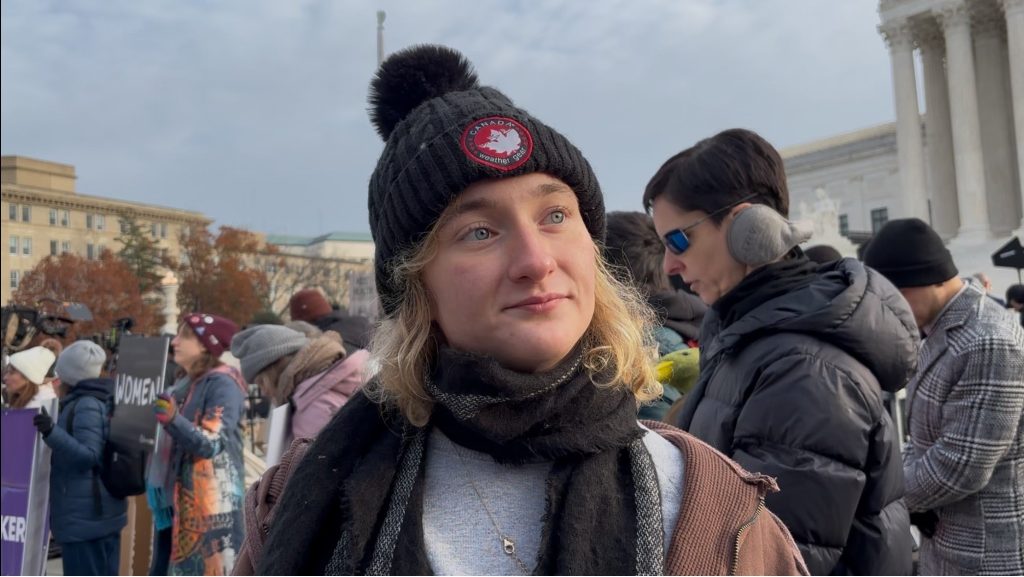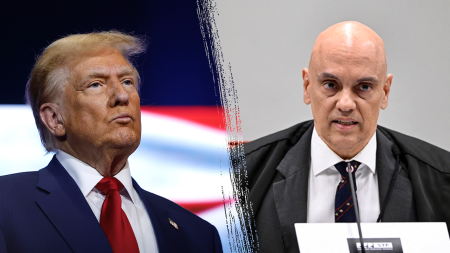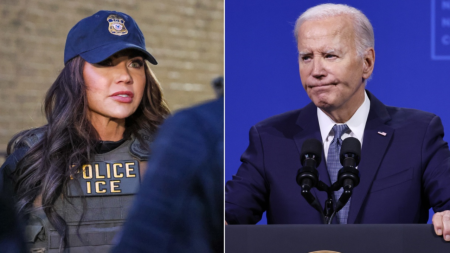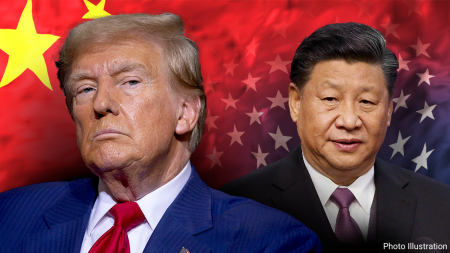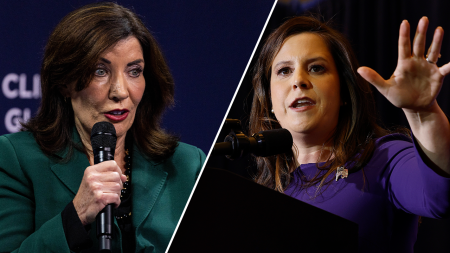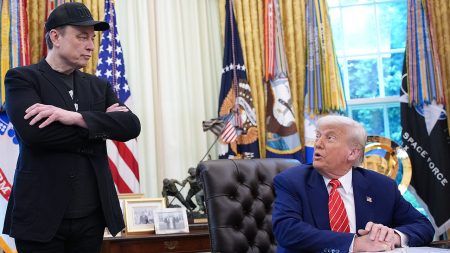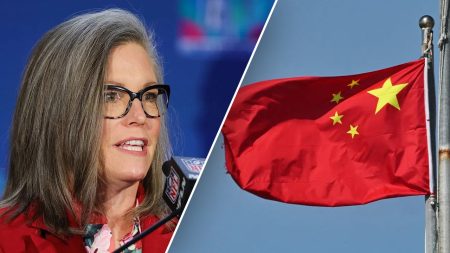The steps of the U.S. Supreme Court became a platform for a powerful protest against child sex-change surgeries and treatments. Braving the cold, former transgenders, parents, and activists rallied as the court heard arguments in U.S. v. Skrmetti, a case challenging Tennessee’s ban on these procedures for minors. The rally, organized by a diverse coalition including Do No Harm, the Heritage Foundation, Catholic Vote, and the LGB Alliance, highlighted the growing concern over the long-term effects of these irreversible interventions on children. Podcast host Matt Walsh, a prominent voice in the movement, framed the case as a battle for "basic truth," emphasizing the perceived threat of the "trans agenda" to children and the potential for the Supreme Court’s decision to dismantle the "gender ideology industry."
A key element of the protest was the presence of "detransitioners," individuals who had undergone sex-change treatments and subsequently reversed their transitions. Their personal testimonies painted a stark picture of the physical and psychological harm they experienced. Laura Becker, one such detransitioner, recounted her experience with testosterone and breast removal surgery at a young age, ultimately leading to a PTSD diagnosis. She emphasized the compounding effect of trauma, arguing that medical intervention exacerbated existing vulnerabilities. Claire A., another detransitioner, described the ongoing physical pain and limitations she faces despite ceasing testosterone treatments, urging the court to protect other children from a similar fate. These narratives provided a human face to the debate, underscoring the potential for irreversible damage and long-term suffering.
Adding another layer to the protest were parents who had lost custody of their children due to disagreements over gender affirmation. Adam Vena, a father from California, shared his heartbreaking story of being denied access to his son after questioning his transition. He described being excluded from his son’s gender assessment and subsequently losing custody for not being a "gender-affirming parent." This case highlighted the complex legal and familial battles surrounding gender transition in children, where parental rights clash with evolving social and medical perspectives. Harrison Tinsley, another father who successfully regained custody of his son, condemned the practice of child sex-change surgeries and treatments as a grave societal ill, likening it to historical atrocities like lobotomies and slavery. He expressed hope that the Supreme Court and Congress would intervene to protect children from what he perceived as irreversible harm.
The protest also featured voices from within the LGBTQ+ community who challenged the prevailing narrative on transgender issues. Glenna Goldis of the LGB Alliance argued that sex-change treatments constitute a form of conversion therapy and that the voices of many lesbians, gays, and bisexuals are being silenced by a well-funded LGBTQ+ lobby. This perspective highlighted the internal divisions within the LGBTQ+ community regarding transgender issues and the concerns some members have about the medicalization of gender identity, particularly in children. The protest thus served as a platform for a broader conversation about the complexities of gender identity and the potential consequences of medical interventions, particularly when applied to minors.
The rally outside the Supreme Court underscored the high stakes of U.S. v. Skrmetti, reflecting the deeply polarized views on transgender issues in the United States. The case became a focal point for broader debates about parental rights, medical ethics, and the legal and social implications of gender identity, particularly for children. The testimonies of detransitioners, parents, and concerned members of the LGBTQ+ community added a human dimension to the legal arguments, highlighting the potential for long-term physical and emotional consequences resulting from medical interventions in minors experiencing gender dysphoria. The rally emphasized the urgency of the issue and the potential for the Supreme Court’s decision to have far-reaching implications for the future of transgender healthcare in the United States.
The protest outside the Supreme Court served as a microcosm of the broader social and political debate surrounding transgender issues, particularly the treatment of transgender minors. The convergence of diverse voices, including those of detransitioners, concerned parents, and members of the LGBTQ+ community, highlighted the complex and multifaceted nature of the issue. The rally underscored the urgency of the legal arguments being heard within the court and the potential for the Supreme Court’s decision to reshape the landscape of transgender healthcare for children in the United States. The protest amplified the voices of those who feel marginalized or unheard in the broader conversation, making the case U.S. v. Skrmetti a pivotal moment in the ongoing struggle over the rights and well-being of transgender youth.




